Brazil has “intensified defensive actions” along its northern border ahead of a possible armed territorial dispute between neighboring Venezuela and Guyana, the Brazilian Ministry of Defense confirmed on Thursday. The increase in military activity comes as Venezuela prepares for a referendum on Sunday to determine whether to annex Guyana’s oil-rich Essequibo region against the orders of the United Nations’ International Court of Justice.
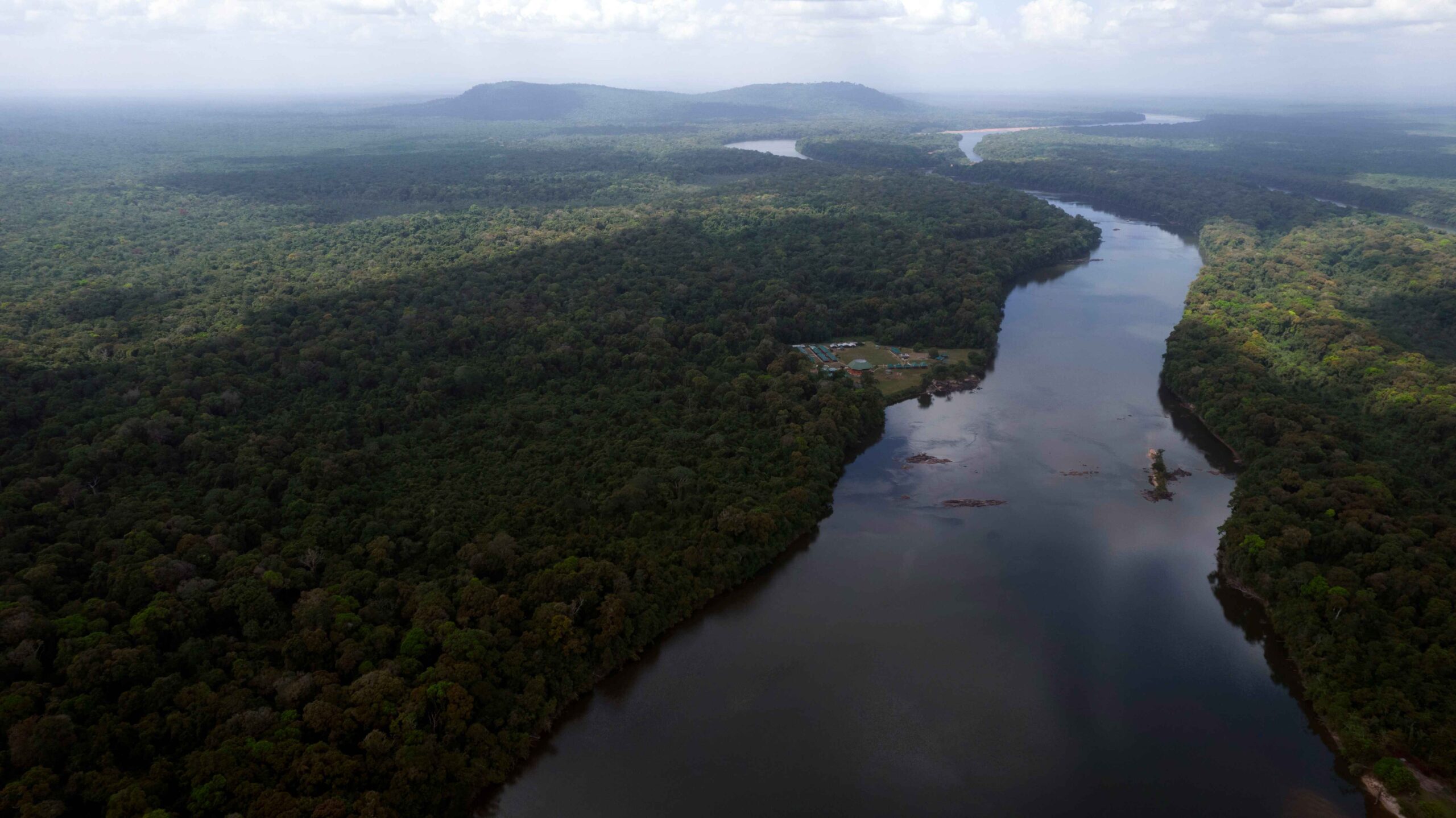
For nearly a century, Guyana has maintained control over Essequibo, a 61,600-square-mile stretch of jungle that accounts for two-thirds of the country. Venezuela has also laid claim to the territory based on its incorporation during the Spanish colonial period, leading to border disputes and litigation since the late 1800s.
The existing border was established in 1899 by international arbiters when Guyana was still a British territory. The country gained independence in 1966.
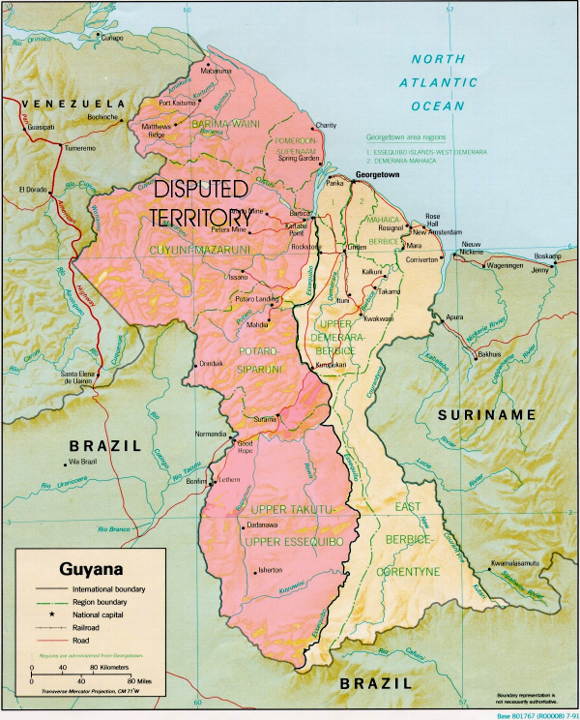
While the intensity of the border conflict has varied over time, Venezuela’s interest in requiring Essequibo reemerged in 2015, when ExxonMobil discovered extensive oil reserves off the region’s coast. Subsequent discoveries led to Guyana having the world’s largest per capita crude oil reserves.
Learn the benefits of becoming a Valuetainment Member and subscribe today!
In the intervening years, ExxonMobil — which is a major political and economic influence in the country — has invested tens of billions of dollars to harvest from more than 25 different drilling sites. An estimated 47 percent of the Guyanese workforce is employed in the oil and gas industry, according to local outlets.
However, the Venezuelan government under President Nicolas Maduro has claimed that the Essequibo and its energy resources rightfully belong to them.
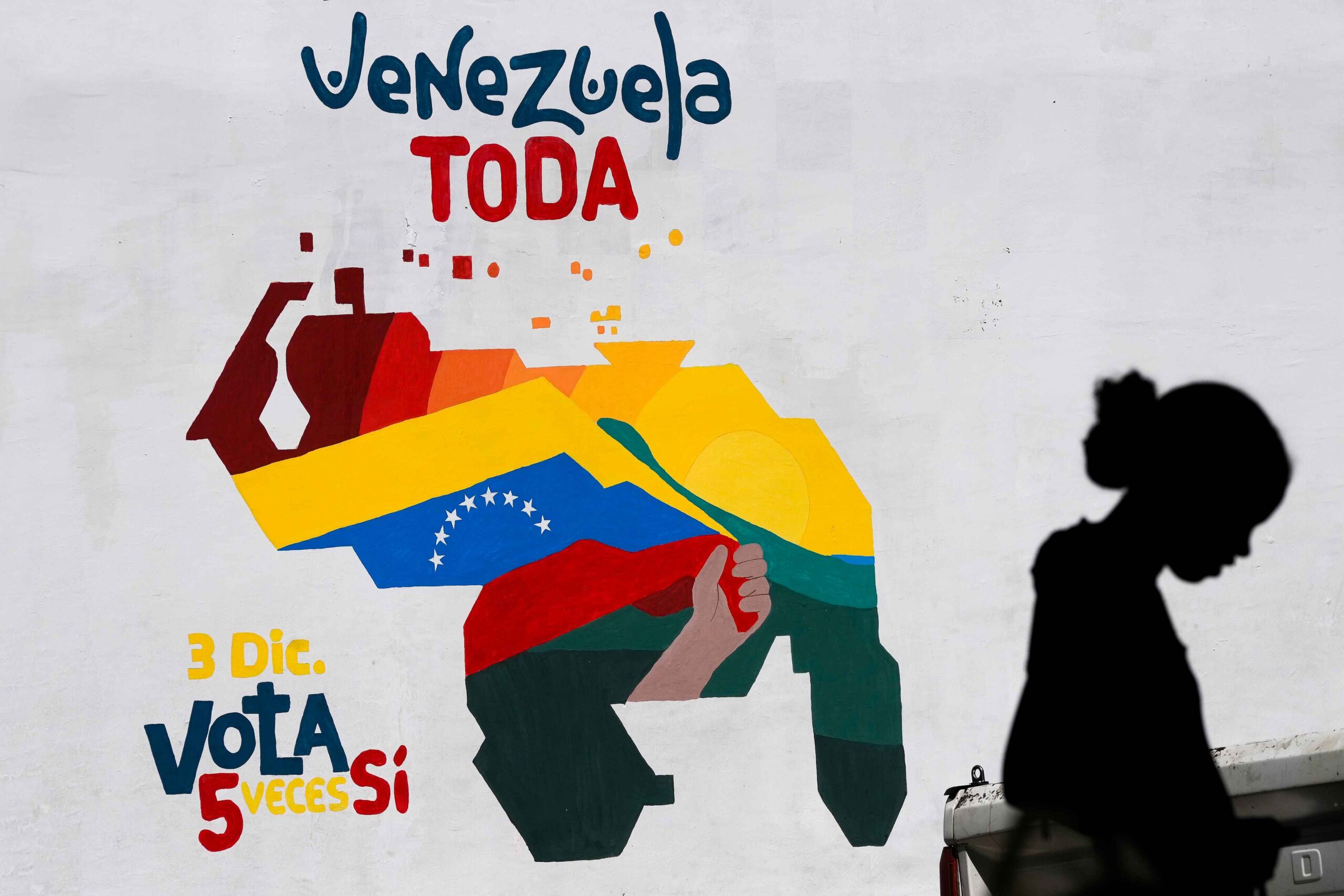
On Sunday, December 3, Venezuelans will vote in a five-question referendum to “ratify that our rights over the Guyana Essequibo are irrevocable and unquestionable.” If a simple majority is achieved, Essequibo will become a Venezuelan territory and its residents will be granted citizenship—although plans for achieving either goal have not been announced.
According to the Maduro administration, a 1966 agreement to resettle the border negated the original 1899 agreement. Sunday’s referendum will ask voters whether they will “agree to reject by all means, in accordance with the law,” the 1899 boundary and whether they support the 1966 agreement “as the only valid legal instrument” to reach a solution.
Ahead of the vote, the United Nations’ top court ruled on Friday that Venezuela should take no action that would alter regional control. However, the International Court of Justice’s ruling did not outright prohibit the referendum from taking place. This legally binding ruling remains in place until a 2018 case brought by Guyana on the border issue can be settled—a process that could still take years.
Venezuela has so far refused to recognize the ICJ’s authority in this matter, leaving neighboring countries unsure of what to expect. The Defense Ministry of Brazil, which shares a border with both Venezuela and Guyana, “has been following the situation,” according to a statement released on Thursday.
“Defense operations have been intensified in the country’s northern border region, leading to a larger military presence,” it continued.

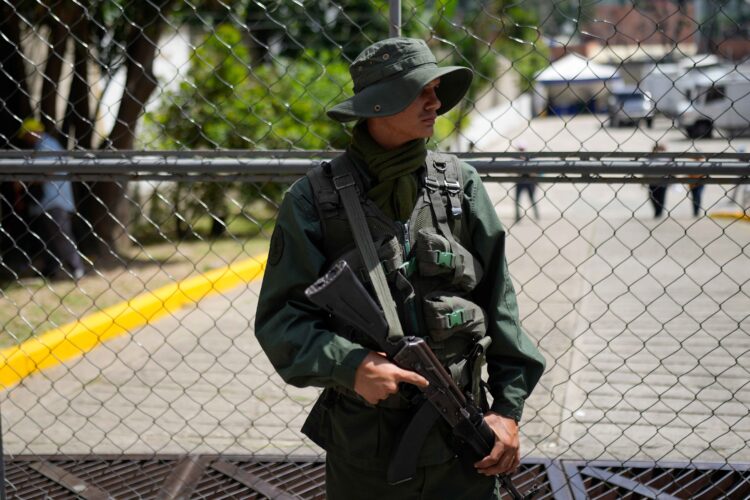






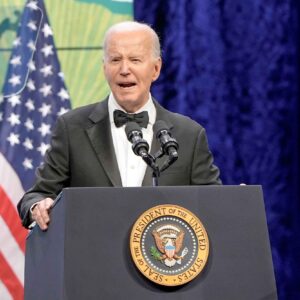









Add comment